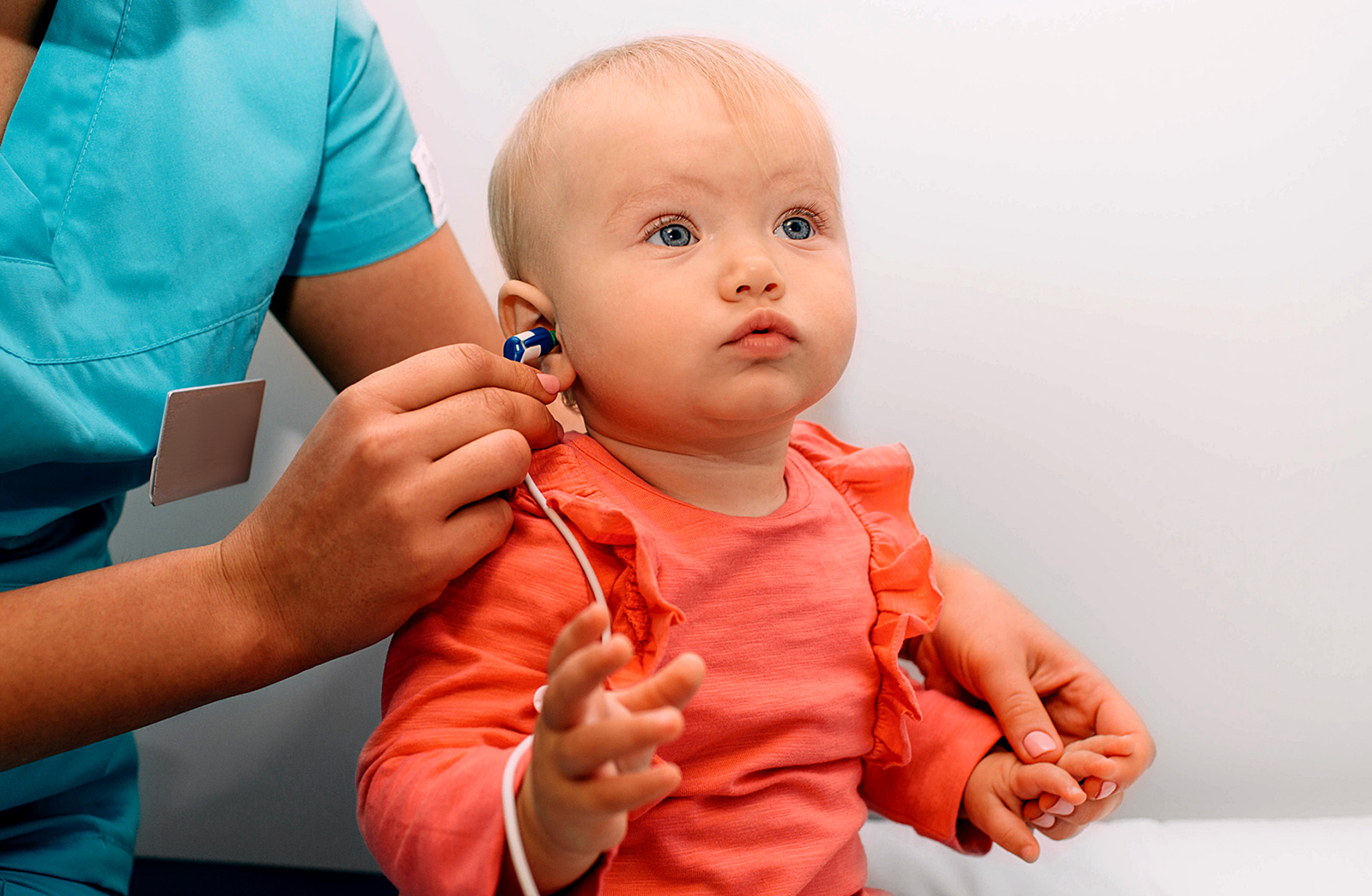
When we talk about healthcare priorities in South Africa, hearing loss rarely makes the list. HIV, TB, maternal and child mortality, and now non-communicable diseases dominate policy debates. Yet hidden in plain sight is a condition that affects thousands of babies every year, shaping their educational, social, and economic futures: undiagnosed childhood hearing loss.
This silence is not accidental — it reflects how hearing health is seen as a “specialist” issue, rather than a public health priority. Until that changes, efforts like Universal Newborn Hearing Screening will struggle to gain the traction they deserve.
Hearing loss is a development issue, not just a medical one
Hearing is not simply about sound. It is the gateway to communication, learning, and social connection. Children with untreated hearing loss are more likely to struggle at school, drop out earlier, and face lifelong barriers to employment. In a country already battling an education crisis, can we afford to ignore one of the most preventable contributors to poor learning outcomes?
Research shows that early detection and intervention not only improve language development, but also reduce the need for costly remedial education and long-term social support. In other words, hearing health is an education issue, an equity issue, and an economic issue.
Inequality begins at birth
The failure to treat hearing health as a priority deepens inequality from day one. Babies born in private hospitals are more likely to be screened; those born in rural clinics are not.
Families with medical aid can access intervention quickly; those in low-income households face waiting lists, travel costs and sometimes years of delay. Caregivers consistently describe the heartbreak of watching their child fall behind while they fight for answers.
For many, the choice isn’t between interventions — it’s between putting food on the table and paying for transport to the nearest audiology clinic. In rural and low-income communities, audiology services are few and far between, making timely intervention a near-impossible task for many families.
This is not simply a gap in services. Researchers from the Wits Preventive Audiology Research Cluster argue that it is a violation of children’s rights to health, education and full participation in society.
The cost of doing nothing
Policymakers often ask: Can we afford to mandate Universal Newborn Hearing Screening? The real question is: Can we afford not to? Consider the costs of special education, repeat schooling and lost productivity over a lifetime. Studies globally — and increasingly in South Africa — show that early detection and intervention are among the most cost-effective investments in child health. A portable screening device costs far less than years of remedial support or the social grants that many late-identified deaf and hard-of-hearing adults eventually depend on.
What needs to change
If South Africa is serious about equity, hearing health must be built into the public health agenda, not left on the margins. That means:
- Policy integration: Early Hearing Detection and Intervention should be part of maternal and child health policies, not an optional add-on.
- Budget allocation: Dedicated funding for screening, follow-up, and intervention services.
- Data and accountability: We cannot manage what we do not measure. National data on childhood hearing loss is urgently needed.
- Community-centred care: Caregivers must be partners, not afterthoughts, in decision-making. Services must respect cultural, linguistic and economic realities.
South Africa has the research base, professional expertise and advocacy networks to lead Africa in recognising hearing health as a public health priority. Doing so would not only strengthen our own system, but also set an example for neighbouring countries grappling with similar challenges. DM
Prof Katijah Khoza-Shangase is an Audiologist and Professor of Speech-Language Pathology and Audiology at the University of the Witwatersrand. She researches preventive audiology, early hearing detection and intervention, and ear and hearing health equity in South Africa as part of the Wits Preventive Audiology Research Cluster which she chairs.




 The failure to treat hearing health as a priority deepens inequality from day one.
(Photo: iStock)
The failure to treat hearing health as a priority deepens inequality from day one.
(Photo: iStock)